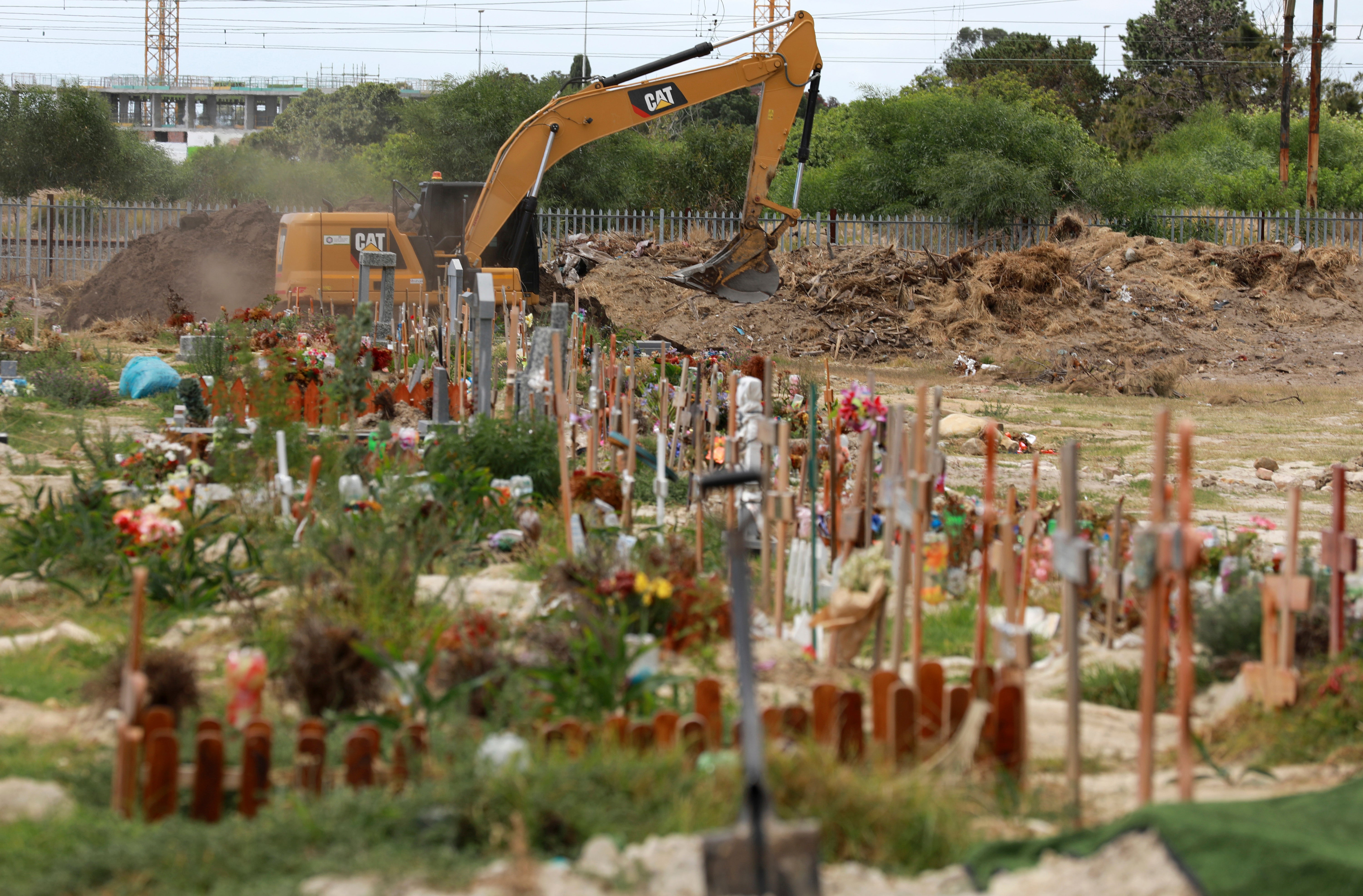Covid: Africa secures another 400 million vaccine doses
The Africa Centers for Disease Control and Prevention says another 400 million doses of COVID-19 vaccines have been secured for the continent through the Serum Institute of India

Your support helps us to tell the story
From reproductive rights to climate change to Big Tech, The Independent is on the ground when the story is developing. Whether it's investigating the financials of Elon Musk's pro-Trump PAC or producing our latest documentary, 'The A Word', which shines a light on the American women fighting for reproductive rights, we know how important it is to parse out the facts from the messaging.
At such a critical moment in US history, we need reporters on the ground. Your donation allows us to keep sending journalists to speak to both sides of the story.
The Independent is trusted by Americans across the entire political spectrum. And unlike many other quality news outlets, we choose not to lock Americans out of our reporting and analysis with paywalls. We believe quality journalism should be available to everyone, paid for by those who can afford it.
Your support makes all the difference.Another 400 million doses of COVID-19 vaccines have been secured for the African continent through the Serum Institute of India, the Africa Centers for Disease Control and Prevention said Thursday.
With the new doses, on top of the 270 million doses announced earlier this month from Pfizer, AstraZeneca and Johnson & Johnson, “I think we’re beginning to make very good progress," Africa CDC director John Nkengasong told reporters. He said the new doses were announced in a meeting hosted by South Africa s president on Wednesday.
An Africa CDC spokesman said the 400 million doses are of the Oxford-AstraZeneca vaccine. As with many vaccine deals, there were no immediate details on cost or how much people might pay per dose.
Parts of the African continent are seeing a strong resurgence in coronavirus infections, which Nkengasong called “very aggressive.” He warned that the wave has not yet peaked.
Africa’s case fatality rate of 2.5% remains above the global one of 2.2%, and 14 of Africa’s 54 countries have case fatality rates above 3%. The continent has more than 3.4 million confirmed virus cases, including more than 87,000 deaths.
The continent of 1.3 billion people is racing to obtain enough vaccines for the goal of vaccinating 60% of its population to achieve herd immunity, and officials have repeatedly urged rich countries that have stockpiled vaccine doses to take an equitable approach and share.
Africa also is expected to receive some 600 million doses via the global COVAX initiative aimed at helping low-income countries. In a separate briefing Thursday, Richard Mihigo with the World Health Organization told reporters there is a “very, very good prospect this objective to supply up to 600 million doses by the end of 2021 will definitely be reached.”
The first of those doses should roll out in Africa "probably by mid-next month, and by March we’ll definitely see most of the countries vaccinating, targeting the high-risk groups.” He called it a “slow start” but said he expected a ramping-up in the coming months.
As for the 270 million doses announced earlier, “we know very well some of these doses will not be available soon,” Mihigo said. He did not give details.
He said that overall, reaching 35% of Africa’s population with COVID-19 vaccines by the end of this year could be a “realistic assumption.” But it appeared he wasn’t taking the newly announced 400 million doses into account. The WHO did not immediately respond to questions.
Mihigo also criticized the global differences in cost for COVID-19 vaccines.
It is a “shocking fact that a rich country can pay less than a country that is struggling,” he said, pointing out that higher-income African countries like South Africa are not eligible for donated vaccines. “It’s time, really, to call for a fair price for those countries ... at minimum, at the same price rich countries are getting.”
___
Follow all of AP’s pandemic coverage at https://apnews.com/hub/coronavirus-pandemic, https://apnews.com/hub/coronavirus-vaccine and https://apnews.com/UnderstandingtheOutbreak